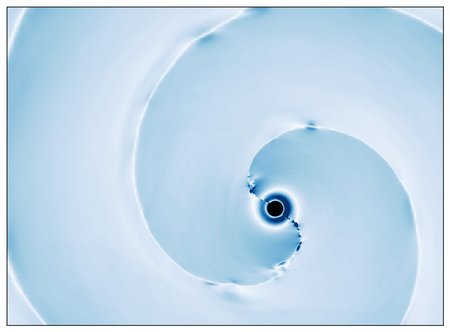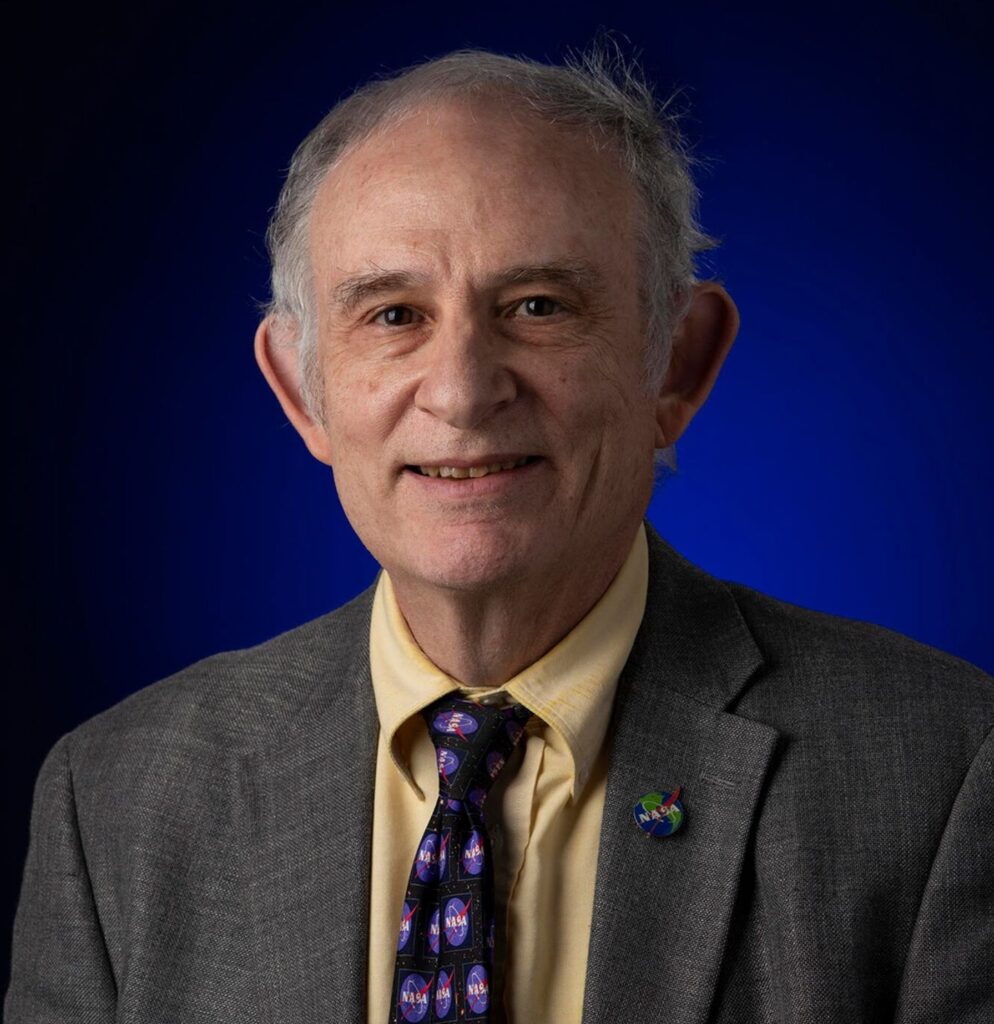To paraphrase a famous space movie, Earth was getting awfully big in the window of NASA’s last moon mission as it streaked towards our planet.
The Orion spacecraft ferried home epic live video of our home planet during the last hours of Artemis 1 during steering for splashdown today (Dec. 11).
The uncrewed mission was a shakedown cruise to prove the Artemis program is ready for humans, and Artemis 1 indeed clicked through all major milestones: a launch of the untested Space Launch System, orbiting the moon and surviving a high-speed re-entry to splash down in the Pacific Ocean near a recovery ship.
In photos: 10 greatest images from NASA’s Artemis 1 mission

Orion is a human-rated spacecraft that flew further into space than previous record-holder Apollo 13, which hosted three astronauts that looped around the moon instead of landing due to a spacecraft emergency. (The movie quoted in this story’s first sentence was the eponymous “Apollo 13” from 1995 that starred Tom Hanks as commander Jim Lovell.)
Splashdown for Artemis 1 came during the anniversary of another Apollo program milestone: the landing date of Apollo 17, which was the last human mission to touch down on the moon so far on Dec. 11, 1972. NASA hopes to bring people to the surface again within three years.
RELATED STORIES:
Artemis 2 will come first, which will bring a crew around the moon to test the life support systems, as Artemis 1 did not host any on board the spacecraft. Providing that mission flies when scheduled in 2024, Artemis 3 is expected to follow and put astronauts back on the moon in 2025 or 2026.
NASA is also building out a supportive lunar space station called Gateway, which is not on the critical path to landing but will still provide a perch for human crews for future missions of Artemis. The agency plans to bring numerous missions to the surface, both crewed and uncrewed, in the 2020s and beyond.
Elizabeth Howell is the co-author of “Why Am I Taller (opens in new tab)?” (ECW Press, 2022; with Canadian astronaut Dave Williams), a book about space medicine. Follow her on Twitter @howellspace (opens in new tab). Follow us on Twitter @Spacedotcom (opens in new tab) or Facebook (opens in new tab).


